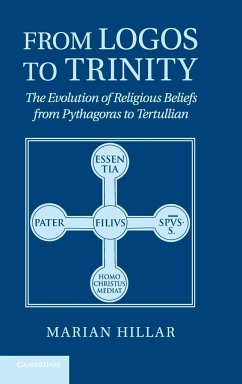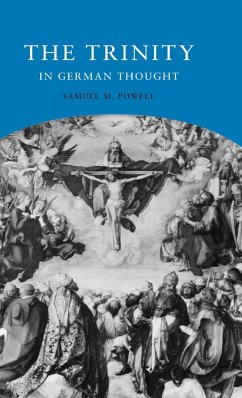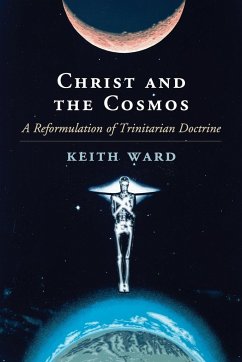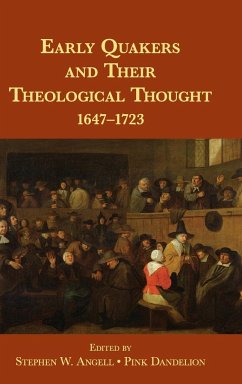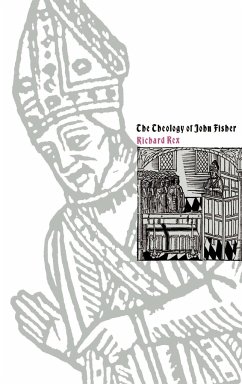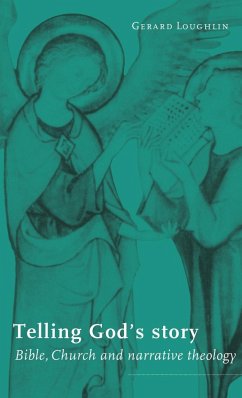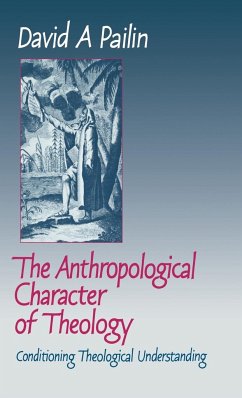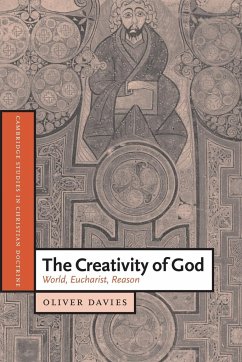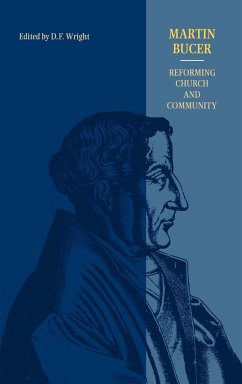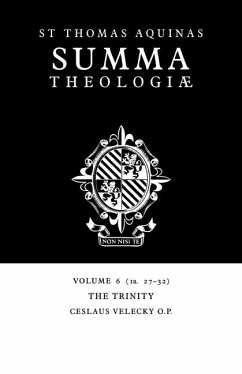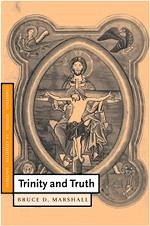
Trinity and Truth
Versandkostenfrei!
Versandfertig in 1-2 Wochen
87,99 €
inkl. MwSt.
Weitere Ausgaben:

PAYBACK Punkte
44 °P sammeln!
Two closely related questions receive distinctively theological answers in this study: What is truth? and How can we tell whether what we have said is true? Bruce Marshall proposes that the Christian community's identification of God as the Trinity serves as the key to a theologically adequate treatment of these questions. Professor Marshall argues on trinitarian grounds that the Christian way of identifying God ought to have unrestricted primacy when it comes to the justification of belief, and he proposes a trinitarian way of reshaping the concept of truth. Direct engagement with the current...
Two closely related questions receive distinctively theological answers in this study: What is truth? and How can we tell whether what we have said is true? Bruce Marshall proposes that the Christian community's identification of God as the Trinity serves as the key to a theologically adequate treatment of these questions. Professor Marshall argues on trinitarian grounds that the Christian way of identifying God ought to have unrestricted primacy when it comes to the justification of belief, and he proposes a trinitarian way of reshaping the concept of truth. Direct engagement with the current philosophical debate about truth, meaning and belief (in Quine and others) suggests that a trinitarian account of epistemic justification and truth is also more philosophically compelling than the approaches generally favoured in modern theology, as exemplified by Schleiermacher, Ritschl, Rahner and others. Marshall offers a contemporary way of conceiving of the Christian God as 'the truth'.
Table of contents:
Preface; A note on translations; 1. Introduction: theology and truth; 2. The triune God as the center of Christian belief; 3. Epistemic justification in modern theology; 4. Problems about justification; 5. The epistemic primacy of belief in the Trinity; 6. Epistemic priorities and alien claims; 7. The epistemic role of the spirit; 8. The concept of truth; 9. Trinity, truth, and belief.
This book is about the problem of truth: what truth is, and how we can tell whether what we have said is true. Marshall approaches this from the standpoint of Christian theology. Unlike most such theological discussions, the book is engaged with the modern philosophical debate about truth and belief.
Examination of the problem of truth, from the standpoint of Christian theology.
Table of contents:
Preface; A note on translations; 1. Introduction: theology and truth; 2. The triune God as the center of Christian belief; 3. Epistemic justification in modern theology; 4. Problems about justification; 5. The epistemic primacy of belief in the Trinity; 6. Epistemic priorities and alien claims; 7. The epistemic role of the spirit; 8. The concept of truth; 9. Trinity, truth, and belief.
This book is about the problem of truth: what truth is, and how we can tell whether what we have said is true. Marshall approaches this from the standpoint of Christian theology. Unlike most such theological discussions, the book is engaged with the modern philosophical debate about truth and belief.
Examination of the problem of truth, from the standpoint of Christian theology.





